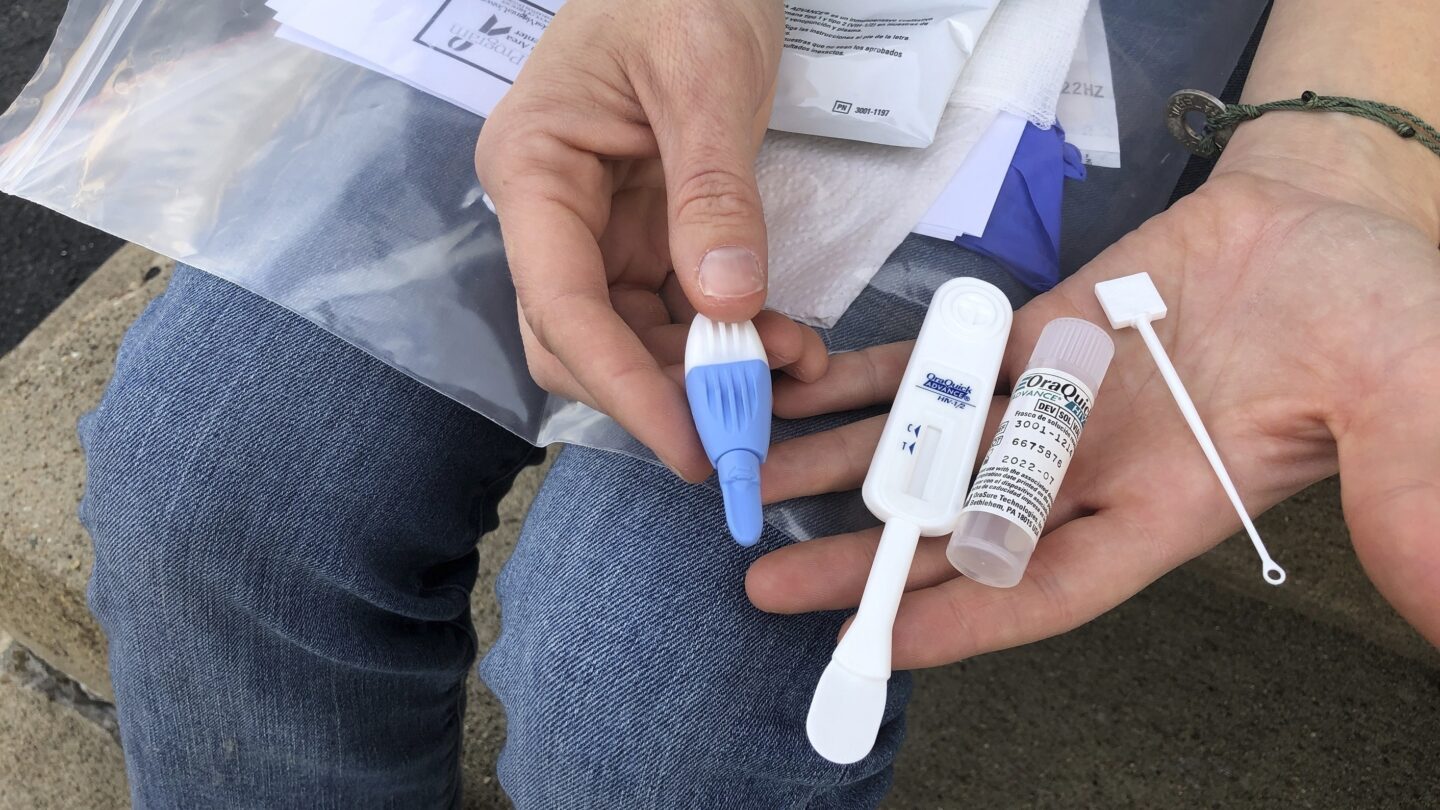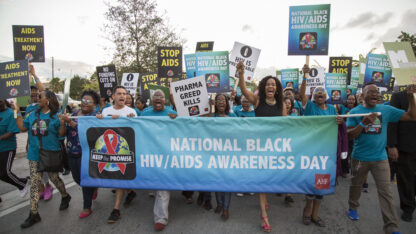Georgia initiative rolling out 1 million free home HIV self-tests across the US

Testing is critical to HIV prevention, early diagnosis and treatment. But research shows obstacles to testing persist, especially for some of the populations at highest risk for infection.
Now a new initiative from Emory University and the CDC aims to make HIV tests easier to access. The Together TakeMeHome project provides free HIV self-test kits by mail nationwide.
After ordering online, the kits are sent in discreet packaging and include FDA-approved devices and mouth swabs. Results appear in 20 minutes.
“By giving people an easy option to know their HIV status, Together TakeMeHome can help people, particularly those disproportionately affected by HIV, take this first important step in preventing and treating HIV,” said program director Travis Sanchez, a professor at Emory University’s Rollins School of Public Health.
Research shows self-testing is effective in increasing awareness of HIV, increasing the frequency of testing, identifying new diagnoses and preventing transmission.
A recent pilot project that distributed 100,000 free HIV self-tests in eight months was successful in reaching high-risk people, including 26% who reported never having tested for HIV, according to the CDC. Together TakeMeHome is expanding the effort with a goal of distributing up to 1 million HIV self-tests over the next five years.
Organizers are targeting the program’s initial outreach at groups that are disproportionately affected by HIV. They include gay, bisexual and other men who have sex with men, especially Black and Latino gay and bisexual men, Black women and transgender women.
In Georgia, the Department of Public Health reports HIV cases are increasingly concentrated among men who have sex with men. Black men have the highest rates of HIV, followed by Latino men.
The CDC recommends everyone between the ages of 13 and 64 get tested for HIV at least once. It recommends that people in higher-risk groups test more often.
Still, 80% of new HIV infections are transmitted by people who are unaware they have the virus, or who are not receiving treatment, data show. And disruptions caused by the COVID-19 pandemic led to a drop in HIV testing across the country. The CDC reports testing and treatment has since rebounded.
Together TakeMeHome organizers say the free self-testing program also helps to reduce the stigma around HIV infection.
Tests are available online for free at together.takemehome.org. The website also includes information on HIV prevention and sexual health. For more information by phone, call 1-866-436-6527.







